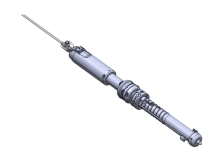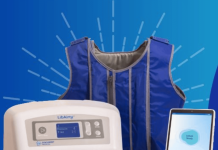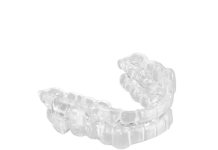Galway MedTech company SymPhysis Medical has secured €2.2m funding for the development of a device to address the condition of fluid in the chest of cancer patients.
The device is called ‘Releaze’ and offers a less invasive alternative to current treatments which can be managed from a patient’s home.
Fluid in the chest impacts 50% of end-of-life cancer patients and can cause pain and shortness of breath, it also requires frequent hospital visits for treatment.
Related: Openwater raises $100 Million in total funding
The €2.2m funding consists of follow-on investments from Irrus Investments, the MedTech Syndicate and Boole Investments along with capital from Enterprise Ireland and a new private investor.
It follows €1.5m in funding announced in December 2023 as the company prepares to launch in the US.
In total, SymPhysis Medical aims to raise €6.5m in 2024.
‘Releaze’ is being manufactured in Letterkenny, Co. Donegal, by Phillips Medisize.
Key to its launch in the US will be Food and Drug Administration (FDA) clearance, which SymPhysis Medical aims to receive at the end of 2025.
In advance of this, the company seeks to carry out the necessary pre-clinical studies required by the FDA for the clearance of medical devices.
If granted FDA clearance, SymPhysis Medical’s next goal will be to seek the CE mark, which would enable it to market its device in Europe.
The company’s founders, Tim Jones and Dr Michelle Tierney, identified the unmet clinical need for better treatment as part of the BioInnovate programme run by University of Galway.
“Regardless of how active their condition allows them to be, cancer patients receiving palliative care all have one thing in common: they are determined to ensure that the time they have remaining is enriched and fulfilling – and that requires as little time in hospital as possible,” said Mr Jones, CEO, SymPhysis Medical.
Dr Horiana Grosu, Director of Pleural Service in MD Anderson said the new system could be a game-changer.
“The insertion process for this device is straightforward and the drainage system is user-friendly, offering patients greater independence,” Dr Grosu said.




